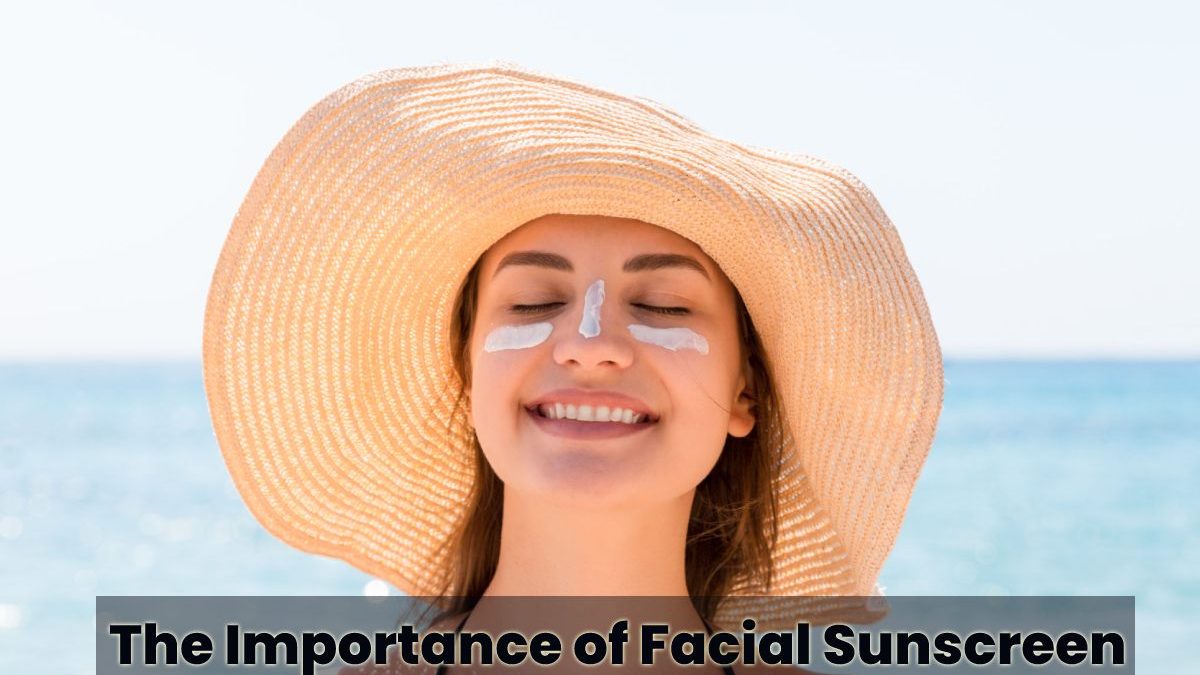The skin of the face is an indicator of our state of health, and, in addition, its appearance can influence our self-esteem since the beginning is the most visible and exposed part of our body. This means that it is also the most prone to aggression from external agents, so we have to put special effort into its care. It is imperative to use facial sunscreen every day since the skin of the face is almost continuously expose to the sun and direct UV rays. In addition, the thickness of the skin in this area of the body is thinner, which contributes to making it more fragile and vulnerable to solar radiation.
Table of Contents
What are Sunscreens?
Today we can find different types of products that protect us from the sun, classified according to the kind of protection. We can see from creams to clothing with protection against solar radiation in this sense.
Dermatological sunscreens are products, usually in cream or spray format, applied to the skin to prevent UV radiation from damaging it. Within dermatological sunscreens, there are inorganic filters that reflect light, preventing the rays from penetrating (they require frequent reapplications and give the appearance of a mask) or organic filters that work by absorbing ultraviolet radiation in such a way that they capture the energy and transformed so that it is harmless to the skin (they are the most used).
As we say, radiation is responsible for burns (UVB) and photoaging (UVA) and increases the risk of skin cancer. Facial and body sunscreens are classified according to the type of UV radiation they protect from and their SPF (sun protection factor).
What is FPS?
The SPF refers to the degree of blockage of the protector against UVB radiation. The protection number multiplies the time the skin spends in the sun without being damaged by UVB radiation. For example, skin that without any protection that can spend 15 minutes in the sun without reddening can stay ten times longer (150 minutes) if you use an SPF 10, 15 times longer (225 minutes) if it is an SPF 15 or 20 times more (300 minutes) if it is an FPS 20.
The recommendations are to use a facial or body sunscreen with at least an SPF of between 15 and 30. Since it is estimated that an SPF of 15 protects us against approximately 93% of UVB radiation and an SPF of 30 protects us against 96%.
Misconceptions about sunscreens
There are many widespread erroneous beliefs among a large part of the population about the use of sunscreens. That is why we want to deny the best known:
“Sunscreen can cause vitamin D deficiency.”
Although there is indeed controversy regarding this issue, recent studies indicate that sunscreens do not inhibit vitamin D synthesis.
“You don’t need to use sunscreen when it’s cloudy.”
It is logical that if you do not see the sun. You think you do not have to protect your skin. However, this idea is wrong because up to 40% of UV radiation reaches the ground even if it is cloudy. So now you know, wear face and body sunscreen come sun, rain or snow!
When choosing a sunscreen, you should consider several things:
SPF refers to the blocking of UVB radiation (burns). So it is essential to choose a broad-spectrum sunscreen that also protects us from UVA radiation (photoaging)
The time a person can stay in the sun without burning varies depending on the skin phototype. And the radiation index
You must take into account the age of the person to whom it is going to be applied, and choose the most suitable for them since there are special protectors for children or mature skin
To be effective, regardless of SPF, face and body sunscreens should applied 30 minutes. Before exposure and reapplied every two hours while in the sun.
We often are not attentive to the risk that exposure to the sun entails. Which is why the AECC makes this test available to us that allows us to assess. Whether we are protecting ourselves well from the sun in our day-to-day lives.
ALSO READ : GOOD FOODS FOR HEALTHY STRONG HAIR
Conclusion
In this article, we hope we have helped you become aware that using facial sunscreen all year round is essential and the importance of having certain habits focused on the prevention of skin cancer and other diseases.

